The firm responsible for North Sea search and rescue operations has “temporarily suspended” landings at Aberdeen Royal Infirmary’s (ARI) helipad.
Offshore Helicopter Services UK Ltd (OHSUK), who operate offshore transfers and medevacs, have made the decision following a “number of changes” around the site.
The Aberdeen-based firm said it is taking a “risk-based approach” to avoid any serious incidents in the aftermath of the death of an 87-year-old woman in Plymouth due to a landing chopper.
The decision remains under “review” with hopes safety improvements can be made at the hospital site.
However, concerns have been raised about the extra time it could take to transfer patients to hospital in an emergency during the suspension.
OHSUK said their priority is being able to provide “the best possible care” with each medical tasking being assessed on “a case-by-case basis”.
A spokesperson said: “The responsibility for the safe operation of the ARI helipad lies with its estates team.
“OHSUK will always take a risk-based approach to its search and rescue operations.
“The decision to temporarily suspend the use of the ARI helipad was taken following a number of changes around it’s vicinity.
“Until agreed mitigations are put in place that will provide greater safety to our search and rescue crews, passengers on board, and those on the hospital estate, we will continue to keep this decision under review.”
Offshore helicopters will not land at ARI until further notice
Last month, NHS Scotland Assure issued a safety action notice for all helicopter landing sites to be reviewed “to minimise the risk of injury from downwash to uninvolved persons” following updated Civil Aviation Authority (CAA) guidance.
This action was recommended in a report published by the Air Accident Investigation Branch (AAIB) on the fatal incident at Derriford Hospital.
The downwash zone for large helicopters should now extend 50 to 65 metres from the edge of a ground level hospital landing site “clear of people, parked cars and buildings” to reduce risk.
The Press and Journal previously reported Bristow UK had withdrawn from 23 “red” list helipads across the country while the safety reviews were carried out.
The firm, which operates HM Coastguard search and rescue services, has paused landings at ARI and Western Isles Hospital in Stornoway.
HM Coastguard and OHS search and rescue helicopters will instead be landing at Aberdeen International Airport before transferring patients to ARI – or redirecting them to a GP or pharmacy.
A spokesperson for NHS Grampian said: “On average more than 260 helicopters land safely at our Foresterhill site each year and we are committed to ensuring our facilities remain safe for patients, the public and our staff.
“We are currently working to enhance the safety of our helipad to ensure it meets the most up-to-date guidance available.
“Currently we are meeting stakeholders to discuss improvements and mitigations to address points detailed in the recently issued NHS Assure safety action notice and in line with the recently published 2024 UK CAA regulations.”
Scottish Ambulance Service and Scottish Charity Air Ambulance helicopters will continue to land at all helipads.
‘Every second counts’
Figures shared by Offshore Energies UK (OEUK) last year revealed the number of UK offshore medevacs had hit its highest rate in the past five years, with “cardiac incidents” the most common reason.
Those in the industry have expressed concerns about safeguarding at helipad sites which has led to the suspension.
John Boland, regional officer for Unite, said: “This is concerning for offshore workers, as time could be crucial in an emergency medevac.
“But, I do understand that the helipads must be safe for landing on, as that could also put our members at risk.”
A spokesperson from OEUK added: “We understand this is an emotive issue for the workforce and are engaged with stakeholders on the issue, the ARI hospital and hospital helicopter landing site is the responsibility of NHS Grampian.”
MP Andrew Bowie also shared his concerns stating “every second counts in a health emergency”.
He said: “This is a worrying development for those working offshore, who depend on the quickest possible care when something goes wrong.
“I have asked for clarity with the industry and SAR providers as well as the Scottish Government on this issue as it pertains to the North Sea and Scotland as a whole.
“These developments will impact on medical evacuations to ARI the most, although there are still too many unanswered questions about whether all SAR providers have taken the same action UK-wide.
“I would urge the UK and Scottish Governments to make a statement in parliament about the scope of this developing problem, and how they will act to solve it – quickly.”
‘No issues’ reported
A Scottish Government spokesperson said: “We are aware that the CAA made a series of UK-wide safety recommendations regarding hospital helicopter landing sites following a tragic accident in Plymouth in 2022.
“Scottish Air Ambulance and charity air ambulances can still land at the helipad. Search and Rescue helicopters will land at alternative locations.
“The limited recommendations applicable to Scottish sites are being acted on by NHS Scotland, and we expect wider recommendations are being acted on across the rest of the UK.
“Health boards in Scotland have reported no issues with the transport or care of patients while this action takes place.”
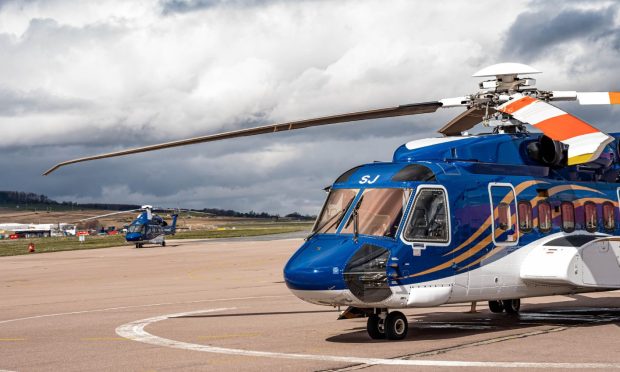
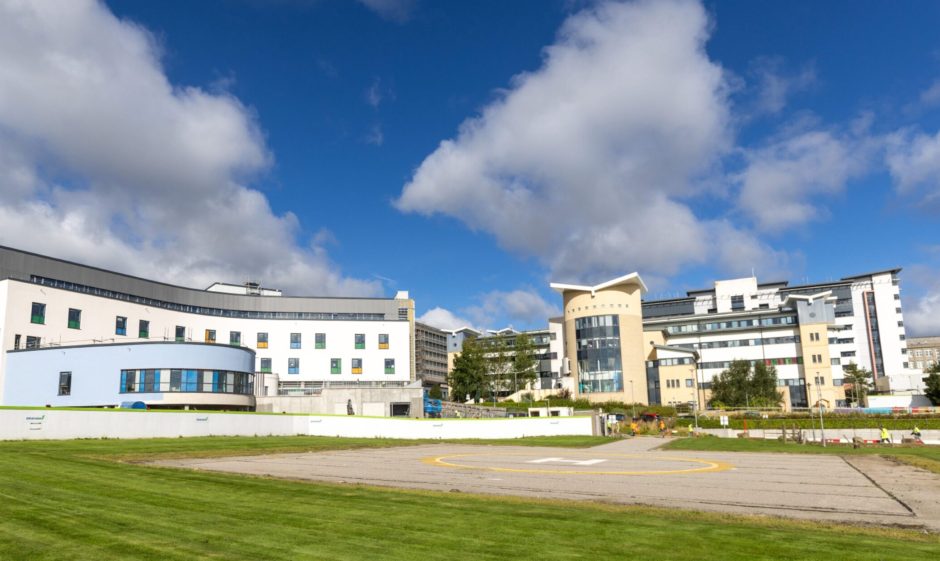
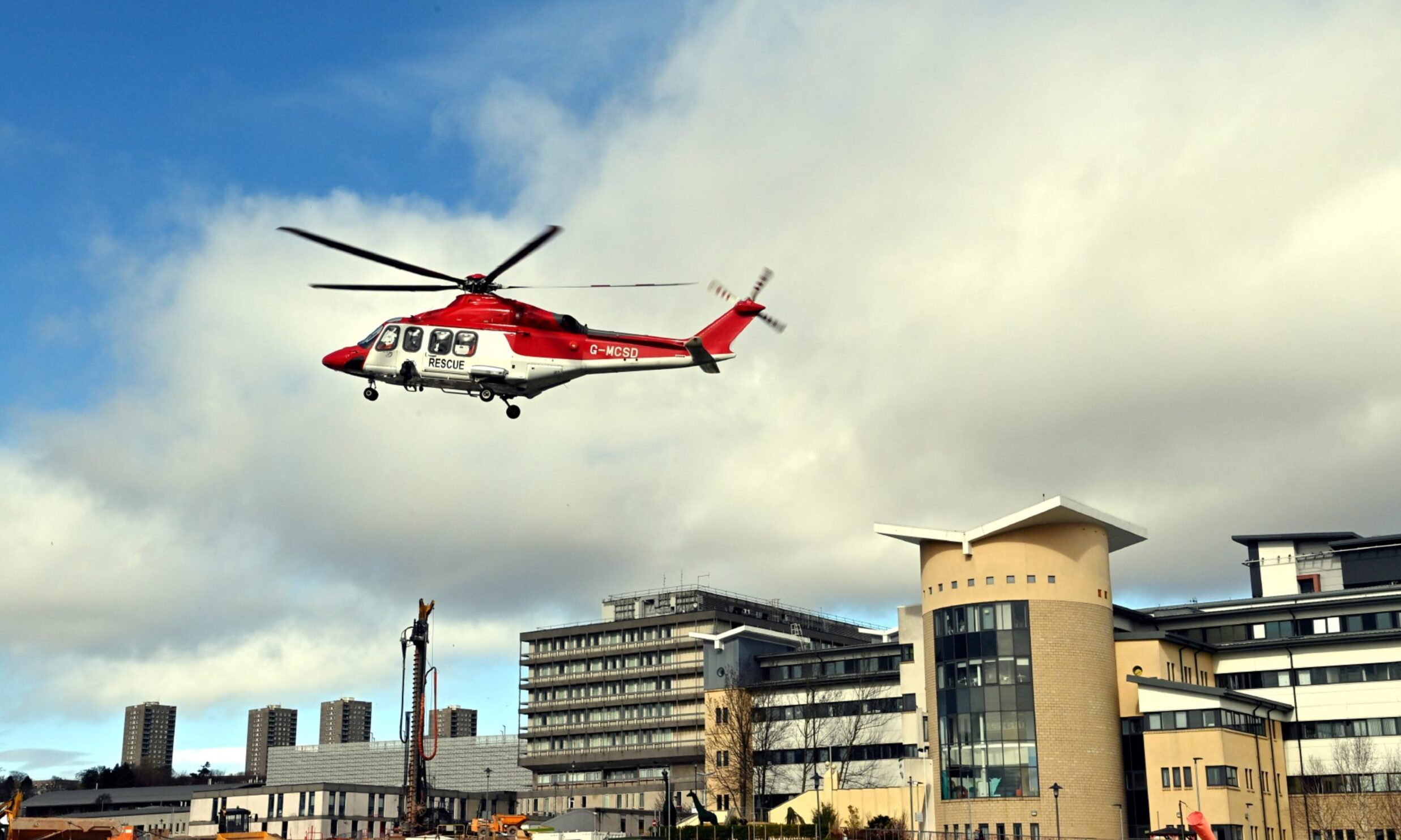
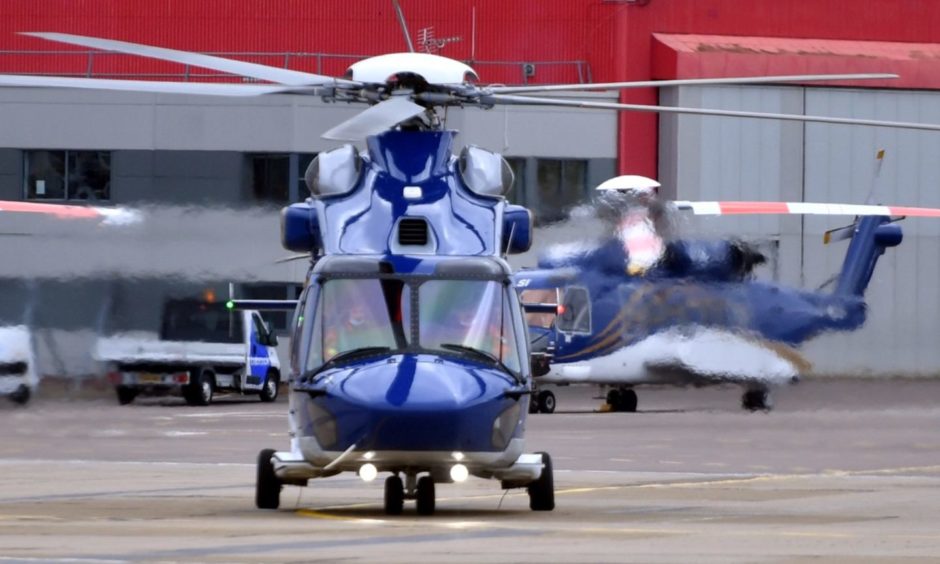
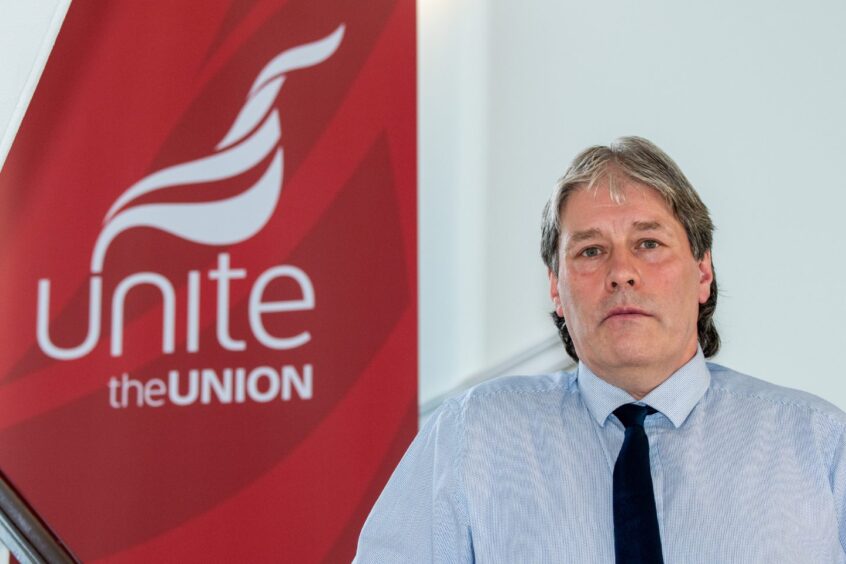
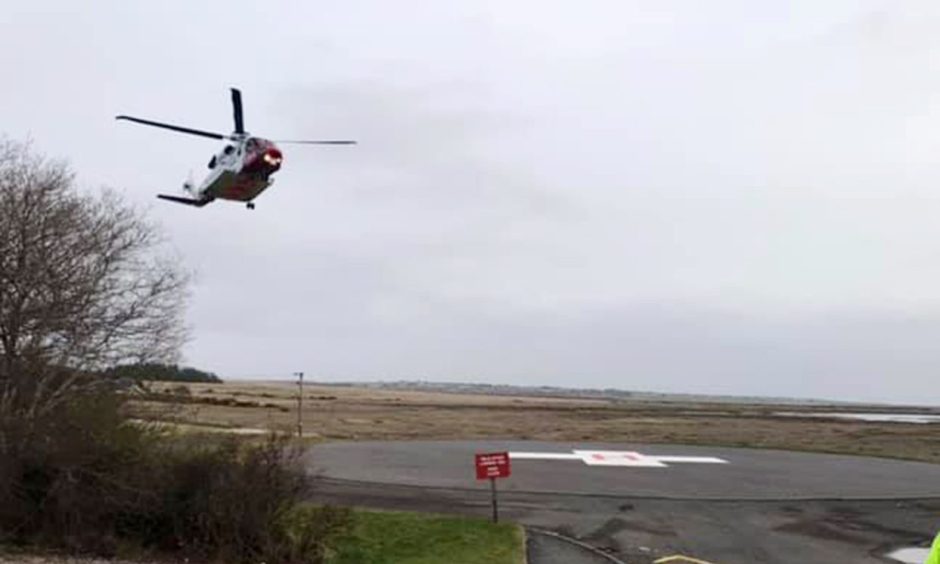
Conversation